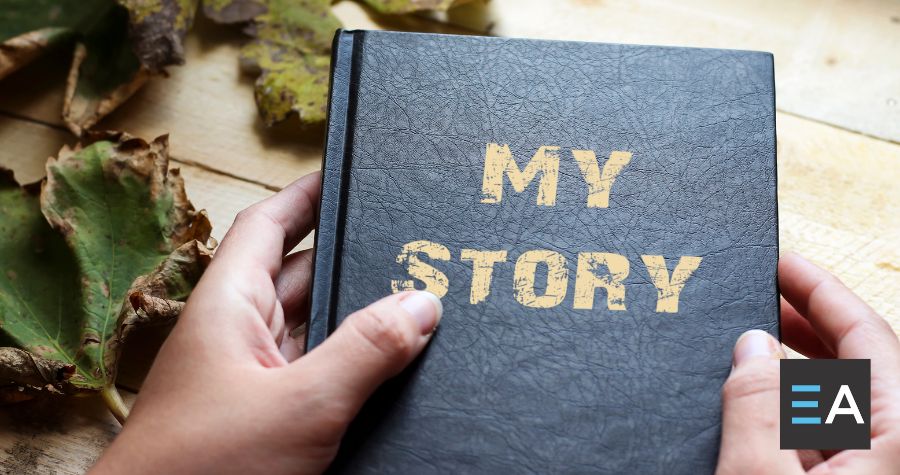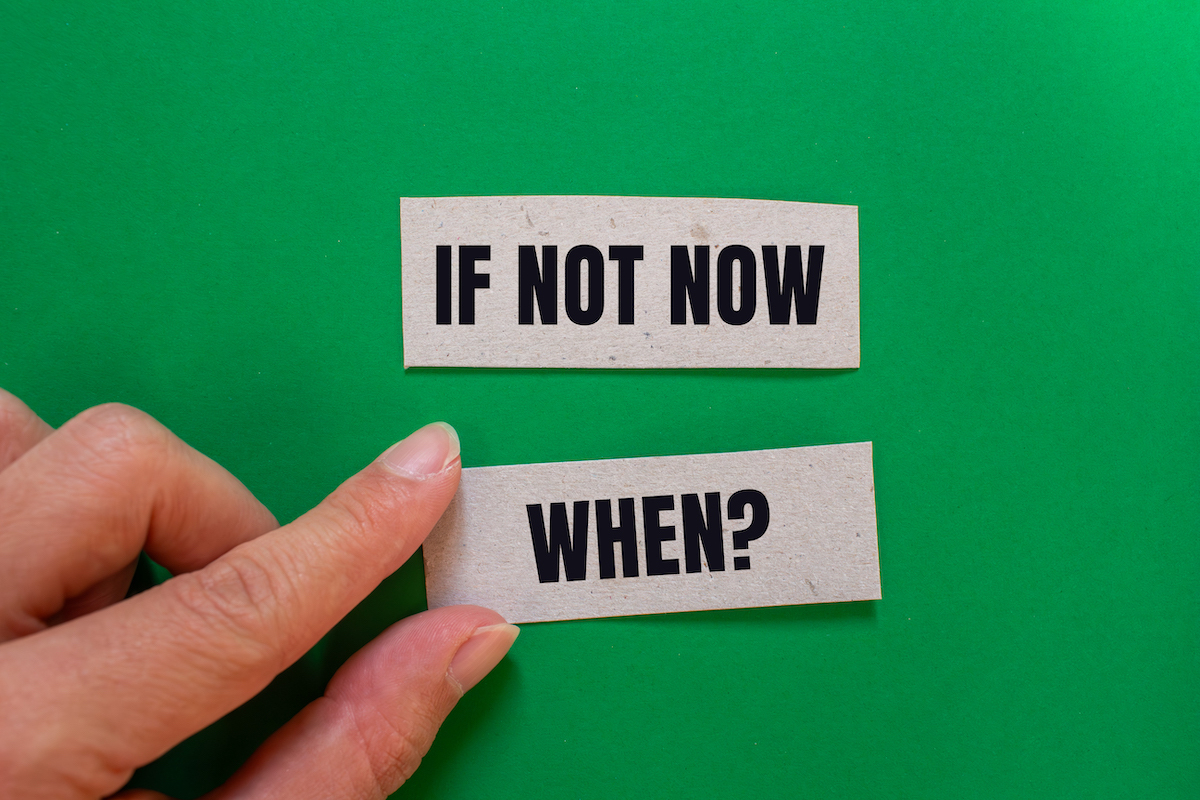
How Many Words in a Novel?
April 28, 2023
How to Get a Book Deal That Actually Helps You
May 3, 2023Can Books Have the Same Title? Rules for Copyright Law

Have you ever wondered if two authors can write a book with the same title? Or what the rules are around copyrighting books, movies, and songs? As content marketers and writers, it’s important to know that there are certain laws in place when it comes to titles—from trademarks and service marks to registered copyrights! In today’s blog post we’re going dive into all there is to know about copyright laws for books, films, and music so you don’t end up getting yourself into legal trouble. Let’s explore the limits of creative expression!
Overview of the basics of copyright law
Copyright law can be a complex and intimidating topic, but it’s essential for anyone working in creative industries to have a basic understanding of it. At its core, copyright law grants exclusive rights to creators over their original works of expression, such as literary, musical, and artistic works. This means that without permission from the creator, others cannot reproduce, distribute, or display their work. While there are exceptions and limitations to copyright law, it’s crucial for individuals and businesses alike to obtain the necessary licenses or permissions before using any copyrighted material. It’s always best to err on the side of caution, as copyright infringement can result in costly legal consequences. However, by staying informed and following the basics of copyright law, creatives can protect their work and avoid any legal woes.
Differentiating between a trademark and copyright
As a business owner, it’s important to understand the differences between a trademark and a copyright. While both protect forms of intellectual property, trademarks are used to protect brand names, logos, and slogans, while copyrights protect original works of authorship, such as books, songs, and artwork. A clever way to differentiate the two is to think of a trademark as the face of your business, while a copyright is the creative content produced by your business. By securing the appropriate protection for your intellectual property, you can ensure that your brand and creative works are safeguarded from infringement and theft.
Understanding what constitutes infringement on copyright law
In today’s fast-paced world, it’s crucial to understand the ins and outs of copyright law. With content being created and shared at lightning speeds, it’s easy for people to unintentionally infringe on someone else’s copyright. As a result, it’s important to know what constitutes infringement to protect yourself and your work. Copyright laws protect original works such as music, videos, literature, and software from being copied or distributed without the owner’s permission. Knowing what is and isn’t allowed can be complex, but it’s always better to err on the side of caution when it comes to intellectual property. So next time you’re creating or sharing content, keep in mind the dos and don’ts of copyright law.
What can be copyrighted—books, articles, movies, music, etc.
Copyright laws are in place to protect the originality of work created by individuals. But what exactly can be protected under copyright? The answer is quite clear—books, articles, movies, music, and even software can be copyrighted. Anything original that is fixed in a tangible medium of expression can be protected. Copyright laws give creators the power to control who can use their work and how it can be used. It’s important to respect copyright laws and understand what can and cannot be used without permission. Let’s all work together to respect each other’s creative works and ensure that they receive the protection they deserve.
The requirements for a work to be protected by copyright
Copyright protection is a vital aspect of the creative industry. However, not every work is eligible for protection. To be protected, the work must meet certain requirements. Firstly, it must be an original creation of the author or artist. It must not have been copied from someone else’s work. Secondly, it must be fixed in a tangible form such as a book, recording, or painting. Finally, the work must have a minimum level of creativity. These requirements are designed to ensure that only works that truly represent the author’s creative efforts are protected. As creators continue to push boundaries, the legal framework for protecting their works must evolve with them.
Can two books have the same title? Rules regarding using titles for copyrighted works
As avid readers, we’ve all stumbled upon books with similar titles, leaving us wondering if they are related in any way. But can two books have the same title? The short answer is yes, they can. However, copyright laws restrict the use of identical titles for copyrighted works. This means that if two books share the same title, the authors or publishers must make sure that there is no confusion between the two. To avoid any legal disputes or confusion, authors should strive for unique and memorable titles that set their work apart. So the next time you pick up a book with the same title as another you’ve read, be sure to do your research to ensure you’re not in for a surprise.
With all the intricacies of copyright law and its ever-changing nature, it is important to consult with experts before determining if the content for your creative works are available to use or need a release before you write, publish, or distribute. Knowing how copyright, trademark, and patent law all work together is most clearly explained through the perspective of professional legal counsel. Elite Authors offers knowledgeable and experienced professionals who will ensure that all your works receive the protection required for each project. Take charge of your future in the creative industry— contact us today to see how we can make sure every piece of work achieves its fullest potential!


